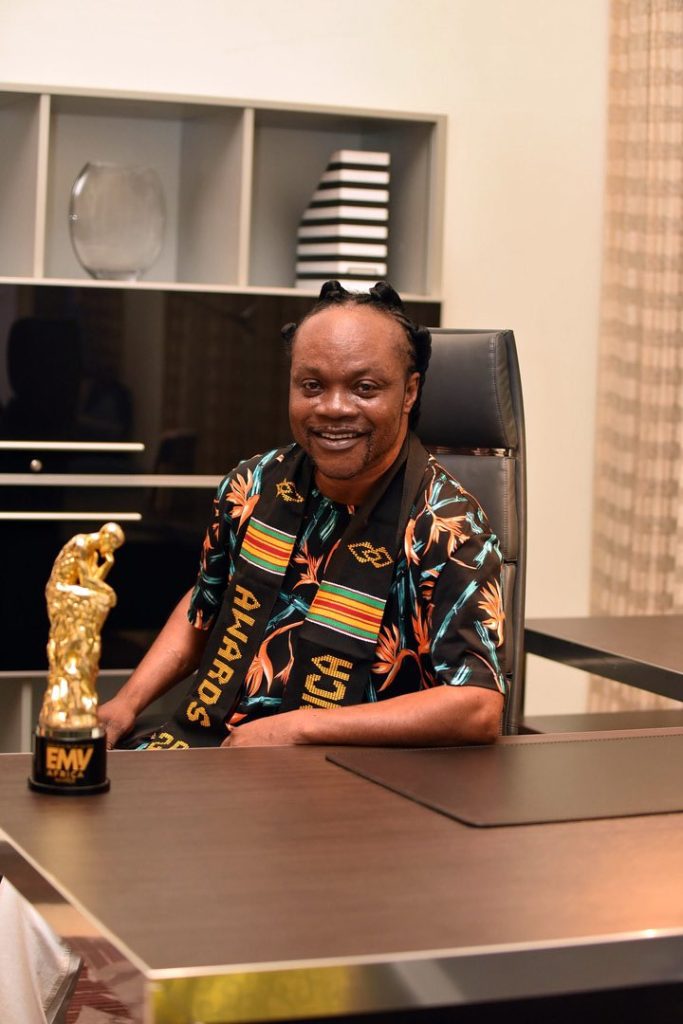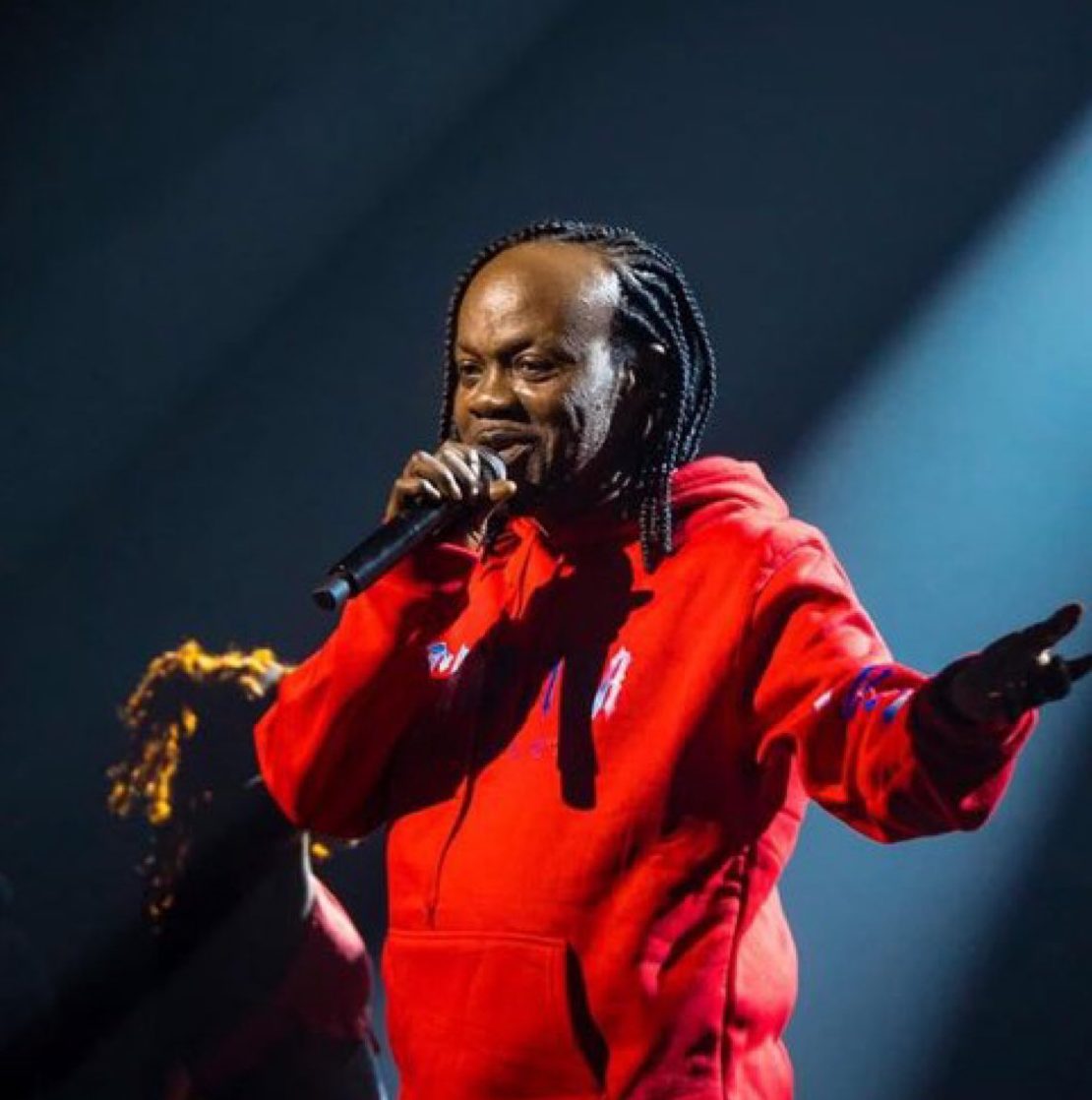Today, iMullar with the rest of the world mourn and celebrate a true Ghanaian Highlife Legend. Daddy Lumba (born Charles Kwadwo Fosu) has shaped Ghanaian Highlife music for over four decades. Emerging in the 1980s, his fusion of Highlife, Hiplife, and Afrobeat created a sound that transcended generations. Beyond music, his wisdom-filled songs reflect life, love, and societal values. A true icon, Daddy Lumba’s legacy is not just in his awards but in the hearts of fans who still dance to his tunes decades later.
Before the world knew him as Daddy Lumba, Charles Kwadwo Fosu was a gifted teenager shaping his musical destiny. At just 16, while attending Juaben Senior High School, he led the school choir (1983–1984) and formed his first group, “Lumba Brothers”, with friends Yaw, Kwabena, and his then-girlfriend Theresa Abebrese. Daddy Lumba’s journey took a pivotal turn in Germany, where Theresa Abebrese helped him relocate after school. There, he met Ernest Nana Acheampong, who introduced him deeper to Highlife music. The duo revived the name “Lumba Brothers”, a nod to Daddy Lumba’s high school band, and began crafting their sound.They planned to release their album, “Yɛɛyɛ Aka Akwantuo Mu” in 1986 but had to postpone it due financial constraints. They finally released it in 1989 with the help of Daddy Lumba’s wife, Akosua Serwaa.

Daddy Lumba released his first solo album “Obi Ate Meso Bo” in 1990 The album included the hit track “Theresa,” which was dedicated to his former girlfriend. A prolific artist with over 30 albums, Lumba’s influence stretches beyond Ghana, inspiring musicians across Africa. Hits like “Aben Wo Ha,”, “Sesee Wose”, “Mensei Da”, “Yee Ye Aka Akwantuomu,” and “Awosoo” cemented his legendary status, blending poetic lyrics with irresistible rhythms. With all his awards and accolades, Daddy Lumba didn’t just dominate Highlife; he elevated it. He also shared the spotlight, nurturing talents and ensuring Highlife’s future burned just as bright as its past. His collaborations were legendary, most notably mentoring and producing for Ofori Amponsah. Together, they delivered classics like “Wo Nkoaa” “Odo Mmra Fie” and “Esi So”. Whether as a solo superstar, a dynamic collaborator, or a mentor to rising talents, his influence remains unmatched. Decades may pass, but his melodies will never fade.
Follow @theimullar on Instagram and X(Twitter) for more.



